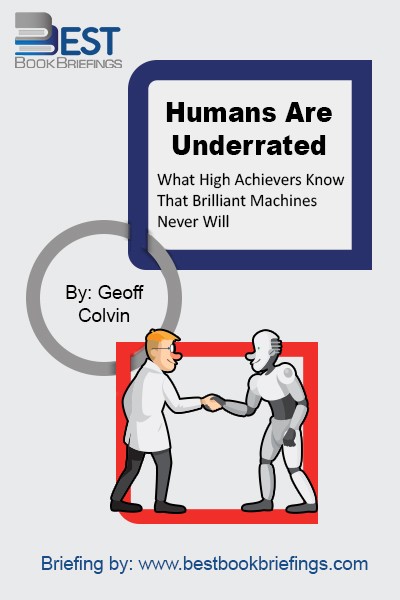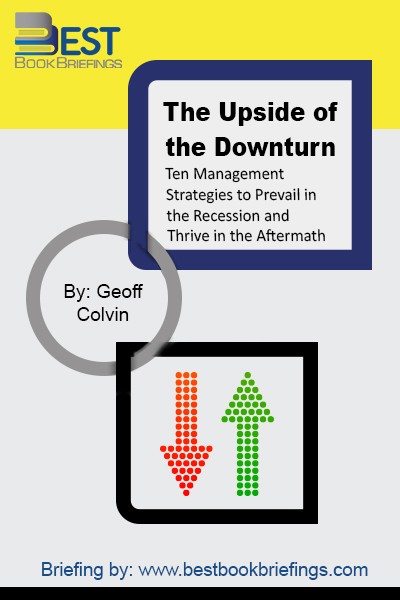Humans Are Underrated
What High Achievers Know That Brilliant Machines Never Will
Number of pages: 248
Publisher: Portfolio
BBB Library: Technology and Globalization
ISBN: 9781591847205
Editorial Review
In the economy of a few years from now, what will people do better than computers? Technology is rapidly invading fields that it once could not touch, driving cars better than humans do, predicting Supreme Court decisions better than legal experts, packing boxes, identifying faces, scurrying around hospitals delivering medications, all faster, more reliably, less expensively than people. In a world like that, how will we and our children achieve a rising standard of living? The real issue is what we humans are hardwired to do for and with one another, arising from our deepest, most essentially human abilities—empathy, social sensitivity, storytelling, humor, forming relationships, creativity. These are how we create value that all people hunger for, that is unique and not easily quantified. Individuals and companies are already discovering that these high-value abilities create tremendous competitive advantage—more devoted customers, stronger cultures, breakthrough ideas, more effective teams. They’re discovering also that while many of us regard these abilities as innate traits—“he’s a real people person,” “she’s naturally creative”—it turns out they can all be developed and are being developed in far-sighted organizations from software firms to the U.S. Army to the Cleveland Clinic. To a far greater degree than most of us ever imagined, we already have what it takes.
Book Reviews
Books on Related Topics
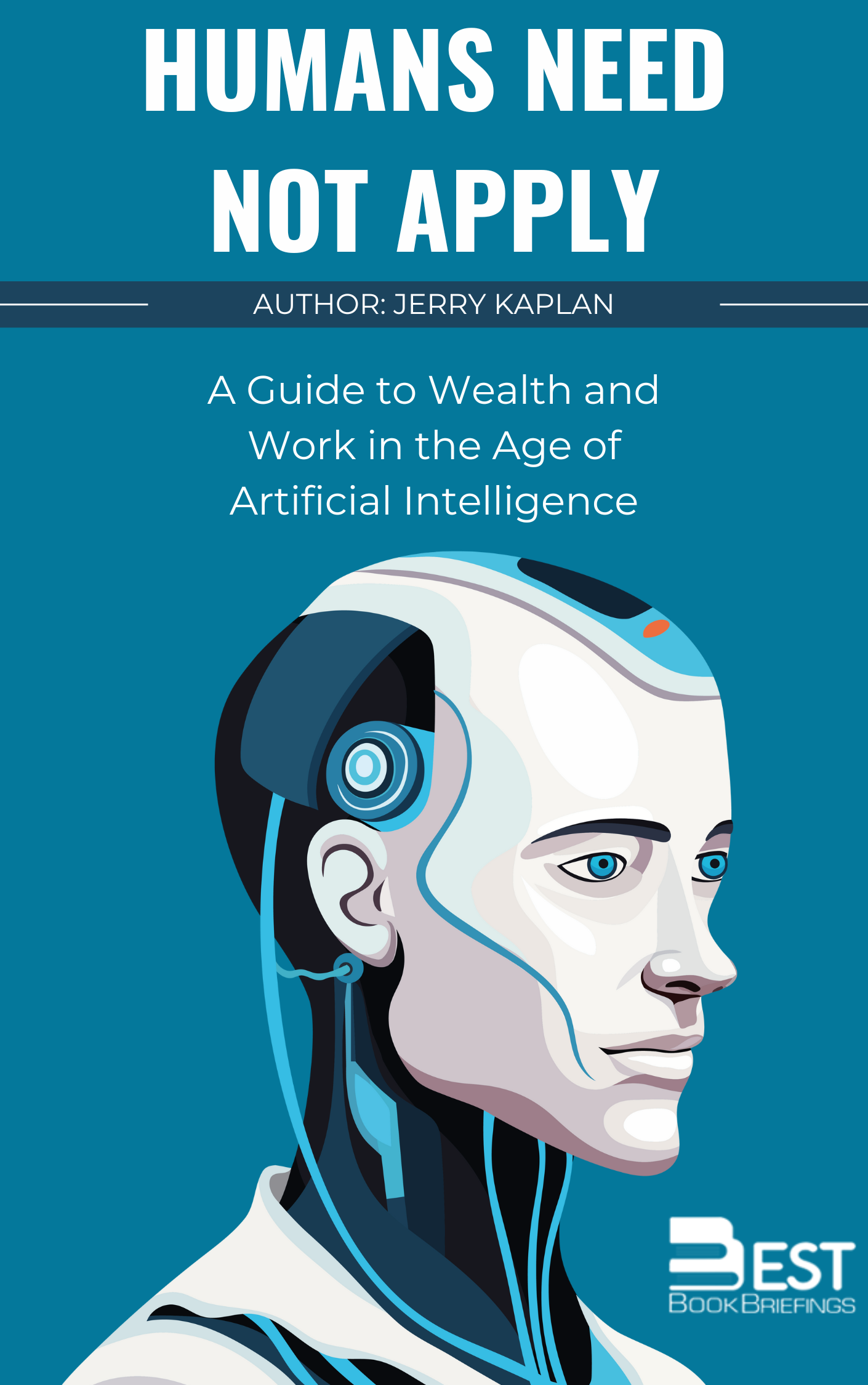
Global warming is a bear, but we aren’t bears. Most animals don’t have the native intelligence to think their way out of habitat changes, but we do. The accelerating evolution of our labor ecosystem, propelled by continual technological advances, compels us to take a fresh look at the way we prepare
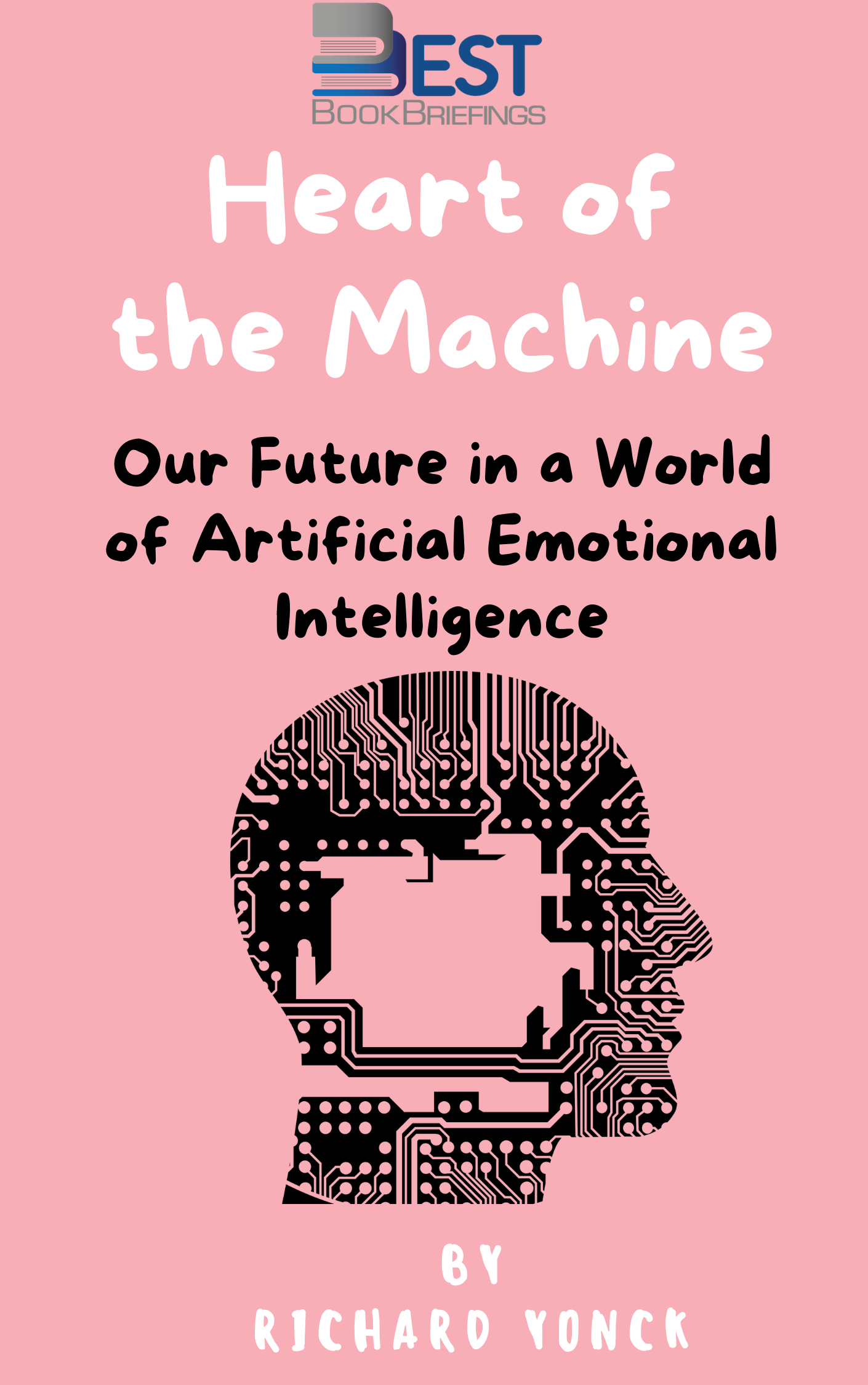
Instilling emotions into computers is the next leap in our centuries-old obsession with creating machines that replicate humans. But for every benefit this progress may bring to our lives, there is a possible pitfall. Emotion recognition could lead to advanced surveillance, and the same technology that can manipulate our feelings could
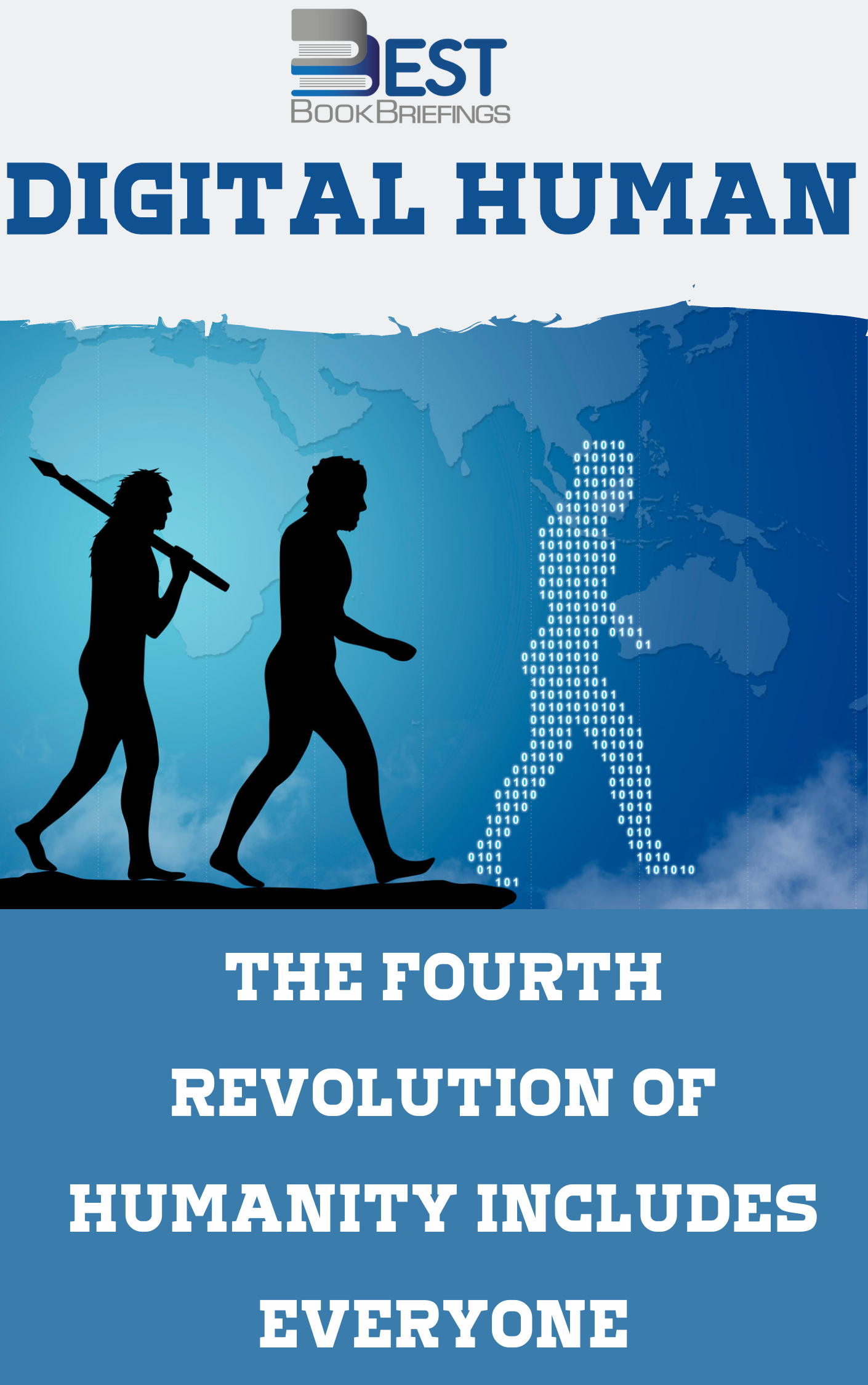
Digital Human is a visionary roadmap for the future, a timely guide on how to navigate the world of finance as we create the next generation of humanity. It explores the digital evolution’s impact and offers clear insights on thriving in this new era. Human and business relationships are evolving, and existing
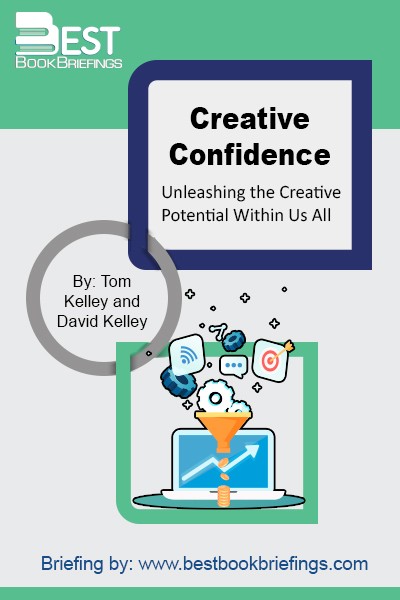
When you hear the word “creativity,” what do you think of next? You may equate “creative” with “artistic.” You may believe that architects and designers are paid to be creative thinkers, but CEOs, lawyers, and doctors are not. Or you may feel that being creative is a fixed trait, either you’re

The coming era of globalization will unleash a wave of technological, economic, and sociological change that shook West Virginia in the 20th century and the challenges brought on by the Internet and digitalization as I was leaving college 20 years ago. In business areas as far afield as life sciences, finance,
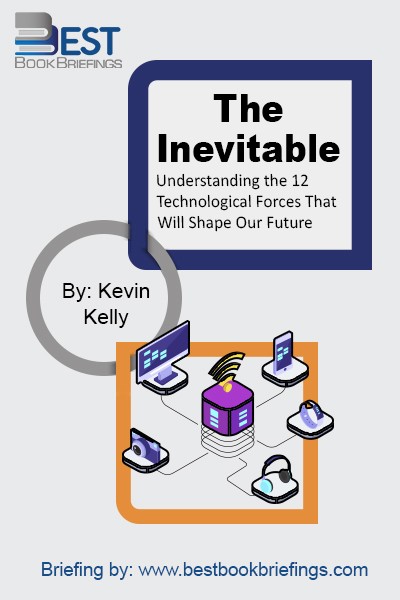
“Inevitable” is a strong word. It sends up red flags for some people because they object that nothing is inevitable. They claim that human willpower can deflect and control any mechanical trend. And when the notion of the inevitable is forged with fancy technology, the objections to a preordained destiny are
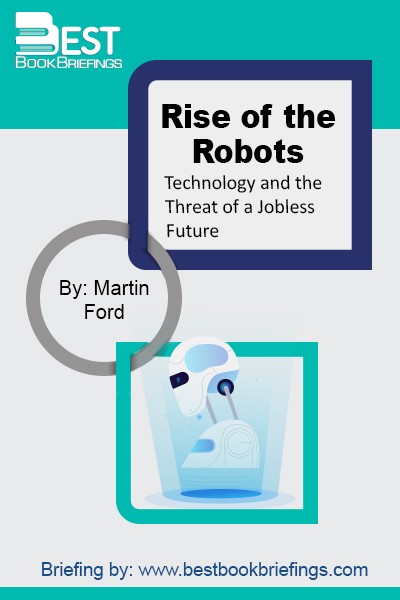
One widely held belief that is certain to be challenged is the assumption that automation is primarily a threat to workers who have little education and lower-skill levels. That assumption emerges from the fact that such jobs tend to be routine and repetitive. Before you get too comfortable with that idea,
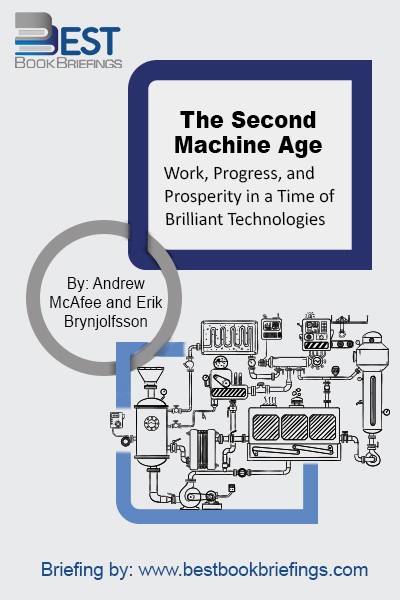
In The Second Machine Age MIT’s Erik Brynjolfsson and Andrew McAfee—two thinkers at the forefront of their field—reveal the forces driving the reinvention of our lives and our economy. As the full impact of digital technologies is felt, we will realize immense bounty in the form of dazzling personal technology, advanced infrastructure, and
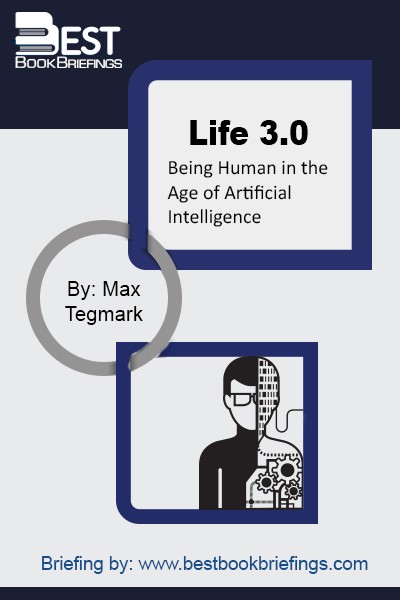
What does the future hold for the human race? It’s inevitable that the progress of AI technology will impact every area of our lives, whether it’s healthcare, finance, or politics. In Max Tegmark’s thoughts-provoking book, he unravels a lot of these possibilities and refers to several researches that can give us
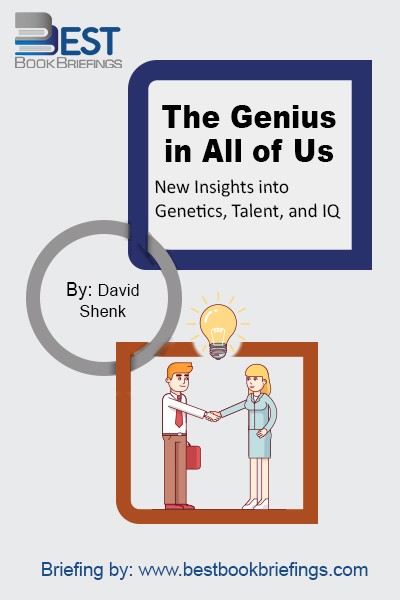
With irresistibly persuasive vigor, David Shenk debunks the long-standing notion of genetic “giftedness,” and presents dazzling new scientific research showing how greatness is in the reach of every individual. DNA does not make us who we are. “Forget everything you think you know about genes, talent, and intelligence,” he writes.

